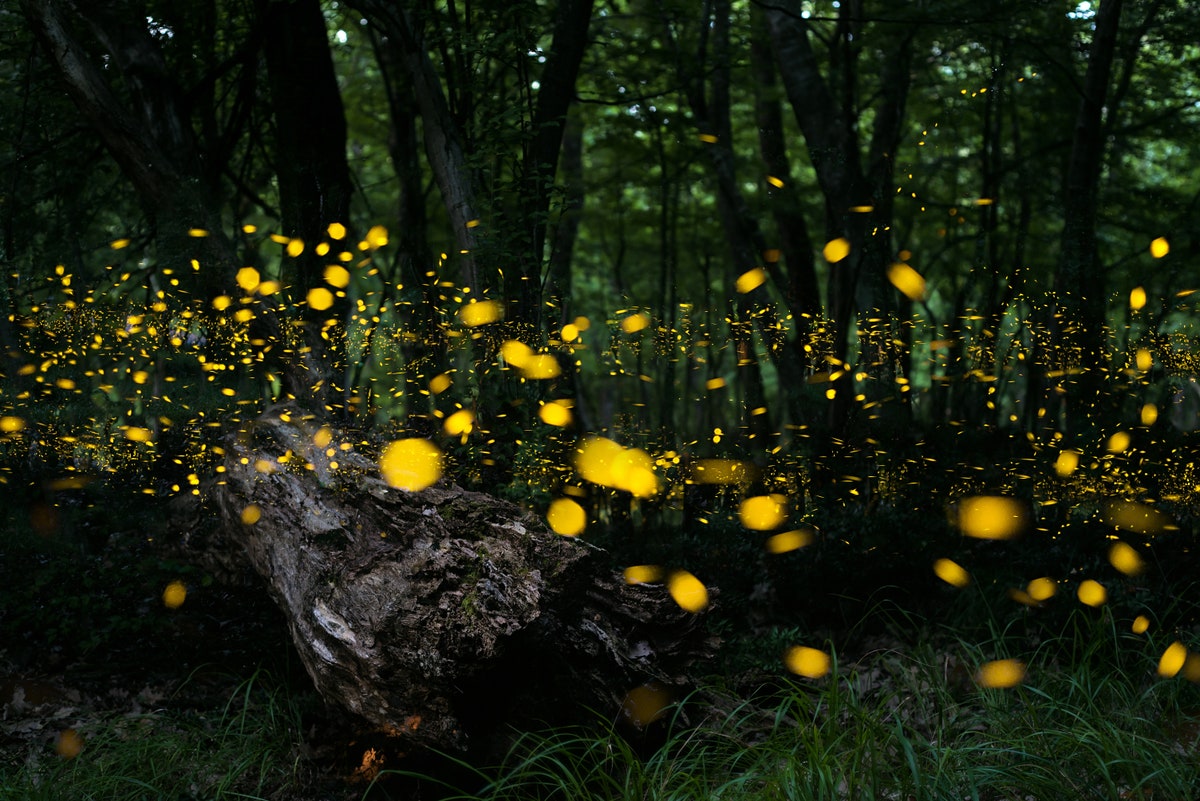
A lazy cat in human skin, an eldritch being borne of the '90s.
Alts: @fossilesque@lemmy.dbzer0.com
Bots: @SciBot@mander.xyz
- 10 Posts
- 62 Comments
Right-wingers are the kings of “NO U.” https://en.m.wikipedia.org/wiki/Reactionary
I’m pretty convinced that the only people that care that a person is trans has issues with themselves and are projecting. I’m a cis normie and I never, ever think about my gender. It just is and I find these haters incredibly weird. I really feel for the people who do as that must be an incredibly difficult thing to work through, so why make it harder for them. Plus, seeing loved ones bloom after transitioning is all the proof I need. Hate takes effort.
Firefox has extensions to fix this.

Isolated and enhanced with a cheap smartphone.

Ayyy
Sometimes mine gets into a Pollock mood, just for fun.
Removed by mod
Maybe a little peppermint candy too. Horse people are weird but I love those giant doggos.
I have an ex who has brown/blue heterochromia. It looks so cool in people!

 10·8 months ago
10·8 months agohttps://pubmed.ncbi.nlm.nih.gov/29081831/
In the present contribution, we examine the link between societal crisis situations and belief in conspiracy theories. Contrary to common assumptions, belief in conspiracy theories has been prevalent throughout human history. We first illustrate historical incidents suggesting that societal crisis situations-defined as impactful and rapid societal change that calls established power structures, norms of conduct, or even the existence of specific people or groups into question-have stimulated belief in conspiracy theories. We then review the psychological literature to explain why this is the case. Evidence suggests that the aversive feelings that people experience when in crisis-fear, uncertainty, and the feeling of being out of control-stimulate a motivation to make sense of the situation, increasing the likelihood of perceiving conspiracies in social situations. We then explain that after being formed, conspiracy theories can become historical narratives that may spread through cultural transmission. We conclude that conspiracy theories originate particularly in crisis situations and may form the basis for how people subsequently remember and mentally represent a historical event.

 2·9 months ago
2·9 months agoThe circle of liffffeee!!!
That kid is already cooler than me. My old punk jacket is in the back of my closet. :(
I’m in this mirror and I’ve accepted this mess.
Which are super comorbid with ADHD to the point where it’s often advised people get a sleep study done after being diagnosed.
Sometimes all you need to keep one asshole in line, is a bigger asshole.
(Kidding of course, I’m sure you’re lovely!)


Factory default, I’m boring but a good selection of my long term boyfriends have been bi (I dgaf), so I don’t know what that says about me lol. People sometimes assume I’m gay, but I’ve never questioned my gender or sexuality. Lots of friends across the rainbow though, luv you all. I have gay and trans family so it isn’t something that I’ve ever seen as “not normal.”